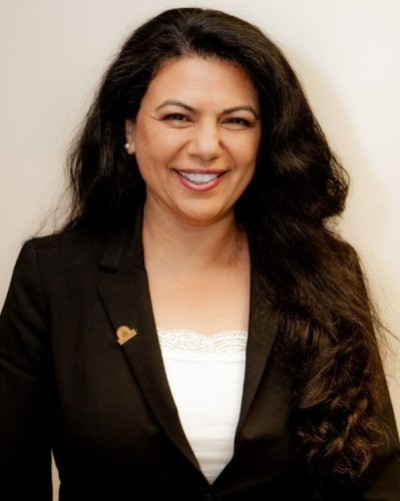Family unity: A Christian alternative to orphanages
Earlier this week I read Elli Oswald’s insightful piece on the prevalence of sexual abuse in orphanages. Her writing was spurred by the horrific news that an American missionary had been convicted of sexually abusing children at an orphanage in Kenya. As Ms. Oswald wrote, it’s a disturbing truth that even Christian institutions that we would hope to be safe can be perverted into havens for abusers, particularly when strong oversight is missing.

What are we, as people of faith, called upon to do in the face of this kind of abuse? I would argue that the most crucial thing each of us can do is lift up better alternatives. It’s not enough to just criticize the orphanage system in general, from the stressed-out, underpaid social workers, to many Christians’ noble and honest attempts to care for kids in a group setting. Something more must be done. An alternative must exist. Let’s call it family-based care. The core idea is to keep families together whenever possible.
I am a first-generation Coptic Christian immigrant, and I first volunteered at an orphanage in my parents’ homeland of Egypt in 1988. Many aspects of life in the orphanage were shocking to me, but the most surprising thing I discovered was that many of the children there still had living adult family members who were simply too poor to care for them.
I went on the found the Christian nonprofit Coptic Orphans on the belief that orphanages should be used only as a last resort. If the loss of a father traps a family in extreme poverty, as is too often the case, the next step should be a search for all available resources that could keep the child with his or her mother and close relatives. What do the mother and child need? Food, medical care, housing, education? We must provide those with the goal of keeping the family together, so that the children can thrive in the right environment. Independent research has shown that most of their needs can be better met within the family.
How do I know this works? I’ve seen it. By the grace of God, Coptic Orphans is blessed to work with over 550 loving church servants who regularly visit the homes of each of the nearly 11,000 orphans in our program. They cultivate a personal relationship with each child, treating them with respect and dignity. These servants assess each child’s needs — including how they can be more connected to their family and their Christian faith — and strive to provide for them, relying on the generous support of the Egyptian Christian diaspora. Education, including individual tutoring and accelerated literacy courses, is the key tool used to help orphans break the cycle of poverty.
Naturally, this model isn’t going to work every single time. But most of the time, it’s the best way to preserve the child’s emotional stability and ability to succeed in life.
I’m grateful for Elli Oswald’s effort to shed light on abuse at orphanages, and I pray that alternative models of care become available to children all over the world. Scaling up the family-based model to serve the enormous number of orphans around the globe would be a challenge. But it’s important that alternatives exist. For that to happen, the conversation has to begin somewhere. I’m glad that it’s happening on these pages.
Nermien Riad is the founder and executive director of Coptic Orphans, an award-winning international Christian development organization founded in 1988. Coptic Orphans unlocks the God-given potential of the most vulnerable children in Egypt, empowering them to break the cycle of poverty and become change-makers in their communities through the power of education.




























